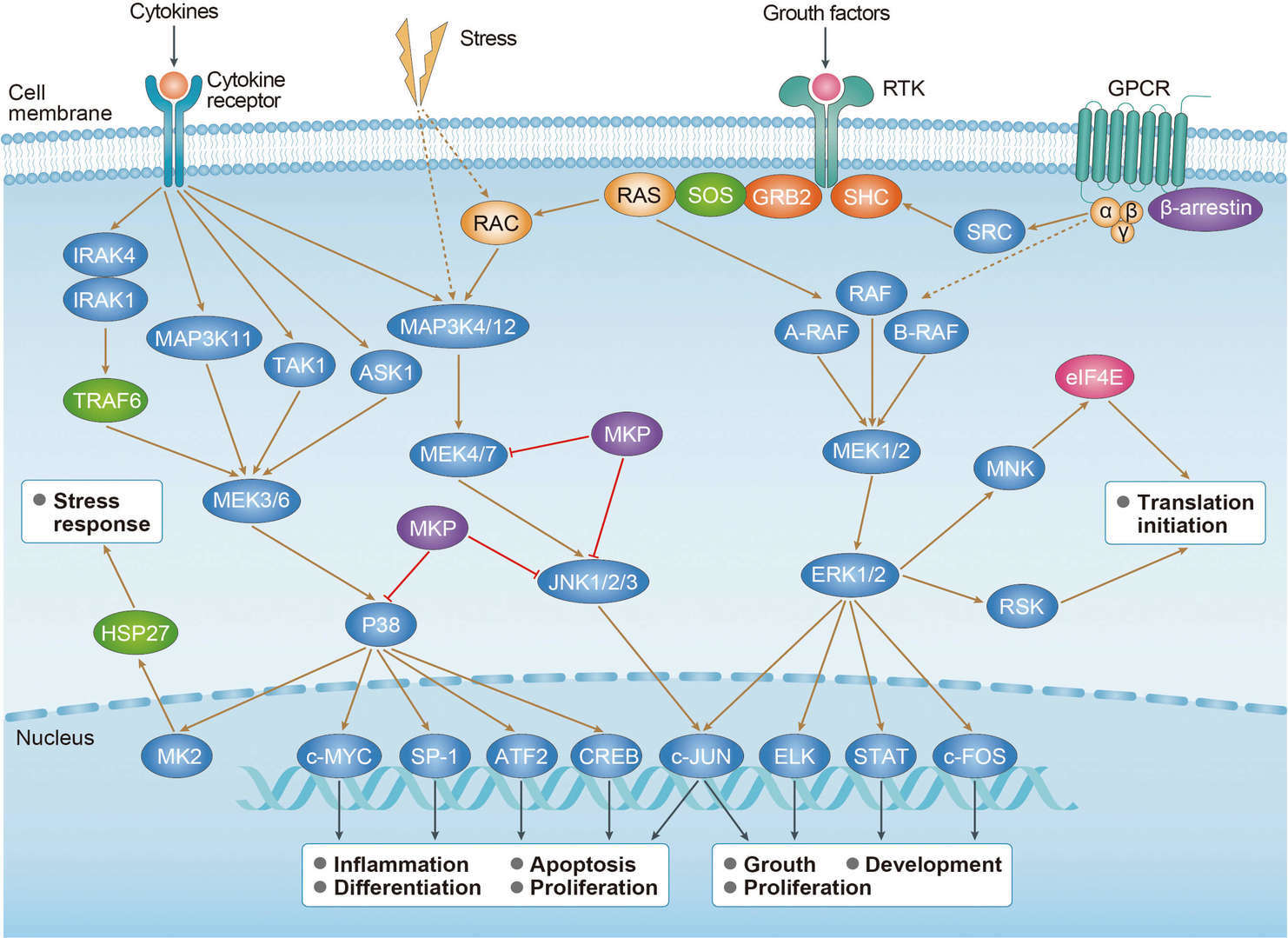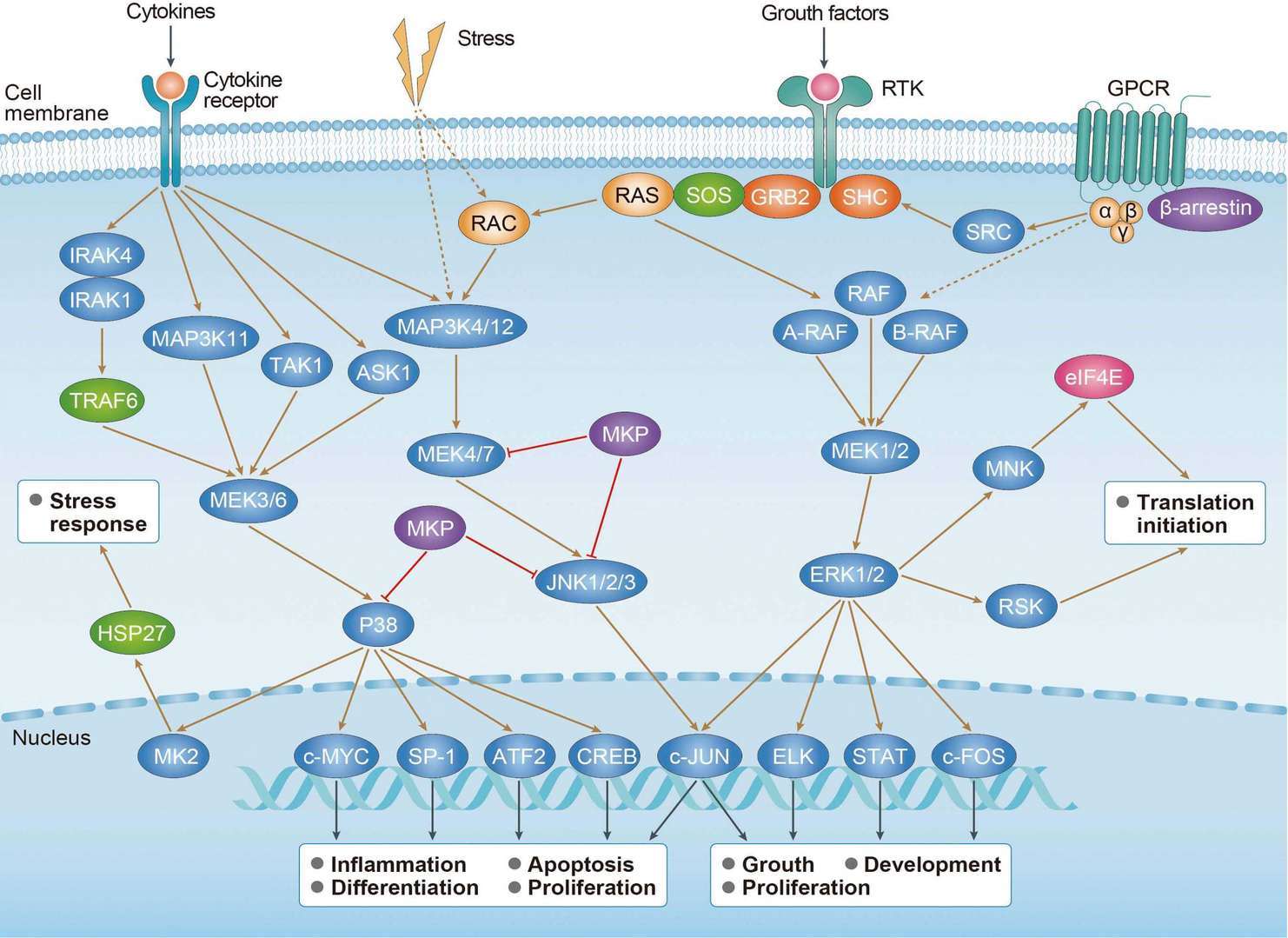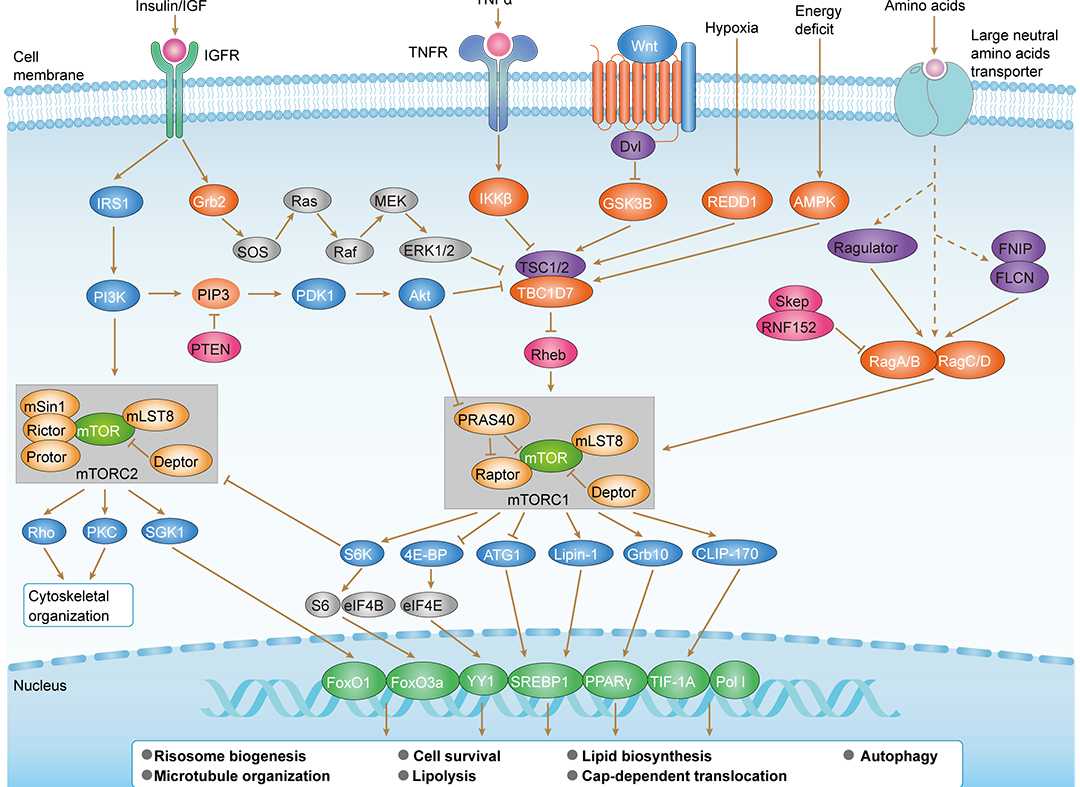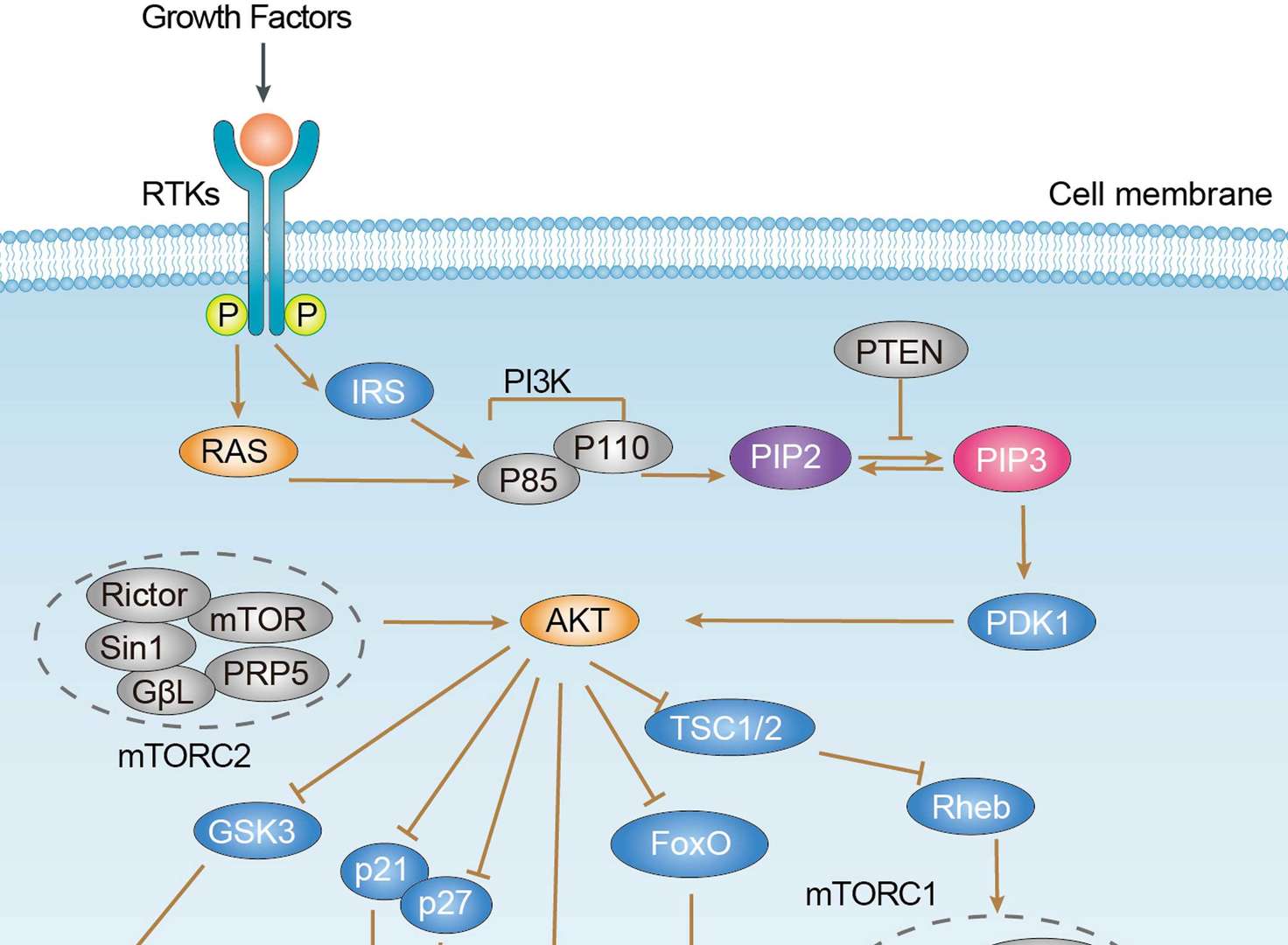Endocrine Resistance Overview
Endocrine Resistance
The estrogen receptor-α (ERα) is a predominant endocrine regulatory protein of the estrogen-induced breast cancer. Endocrine therapy (ER therapy) is a major modality and can improve outcomes in patients with metastatic and nonmetastatic diseases. Endocrine resistance signaling pathways are described in terms of the intracellular pathways used of estrogens and the antagonistic influences of antiestrogens on estrogen.
ER therapy has improved the quality of life and survival of women all over the world in the past several decades. However, endocrine resistance becomes a major incumber of drug discovery for its continual development of escape pathways. Some patients may achieve stabilization after endocrine treatments, but some may develop intrinsic or de novo resistance. This resistance takes both the de novo form that presents before starting of any treatment and the acquired form, which develops in the therapeutic process after an initial response.
Overview of main signaling pathways of endocrine resistance
Main Signaling Pathways in Endocrine Resistance
Mechanisms of Endocrine Resistance
Multiple pathways and molecules have been linked in the several mechanisms, including the reduction of the ERα, regulation change of co-activators and activation of various growth factors. The resistance pathways involve deregulation of the ER pathway, which includes the loss of ERα expression, expression of truncated isoforms of ERα, and activity changes of co-repressors and co-activators. Activation of ER pathways confers all types of endocrine resistance that provide alternative proliferation in the presence of effective inhibition of pathways. Among these signaling pathways, the most notable ones are overexpression of growth factor, EGFR, HER2, and IGF1 and activation of downstream PI3K/Akt pathway and mTOR pathway. The PI3K/Akt/mTOR signaling pathway relates to crucial processes like cell survival, proliferation and the occurrence of breast cancer.
Therapy for Endocrine Resistance
Overcoming endocrine resistance is a primary focus in recent clinical research. Activation of various pathways leads to endocrine resistance, and these pathways are valid methods to prevent/delay resistance development over time. Combination of endocrine therapy with signal transduction inhibitors and molecular-targeting agents has successfully modulated and overcome potential resistance, improving patient outcomes. Established strategies include selective ER down regulators, anti-HER2 agents, mTOR inhibitors, and inhibitors of CDK4/6. Nonsteroidal AIs with the CDK4/6 inhibitors, palbociclib or ribociclib, or fulvestrant (either as monotherapy or in combination with other agents) are used as first-line options. The second-line options are fulvestrant in combination with palbociclib or abemaciclib. Inhibitors of pi3k are not currently approved as a treatment option. On-going clinical trials are exploring more agents that can be combined with endocrine therapy to modulate endocrine resistance. The ever-increasing research on endocrine resistance mechanism may better inform the selection of biomarkers that help decision-making and maximize the chances of future therapy.
For research use only. Not intended for any clinical use.
This site is protected by reCAPTCHA and the Google Privacy Policy and Terms of Service apply.


 MAPK Signaling Pathway
MAPK Signaling Pathway cAMP Signaling Pathway
cAMP Signaling Pathway mTOR Signaling Pathway
mTOR Signaling Pathway PI3K-Akt Signaling Pathway
PI3K-Akt Signaling Pathway